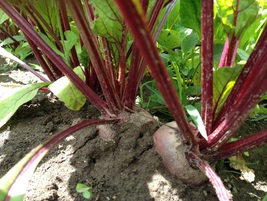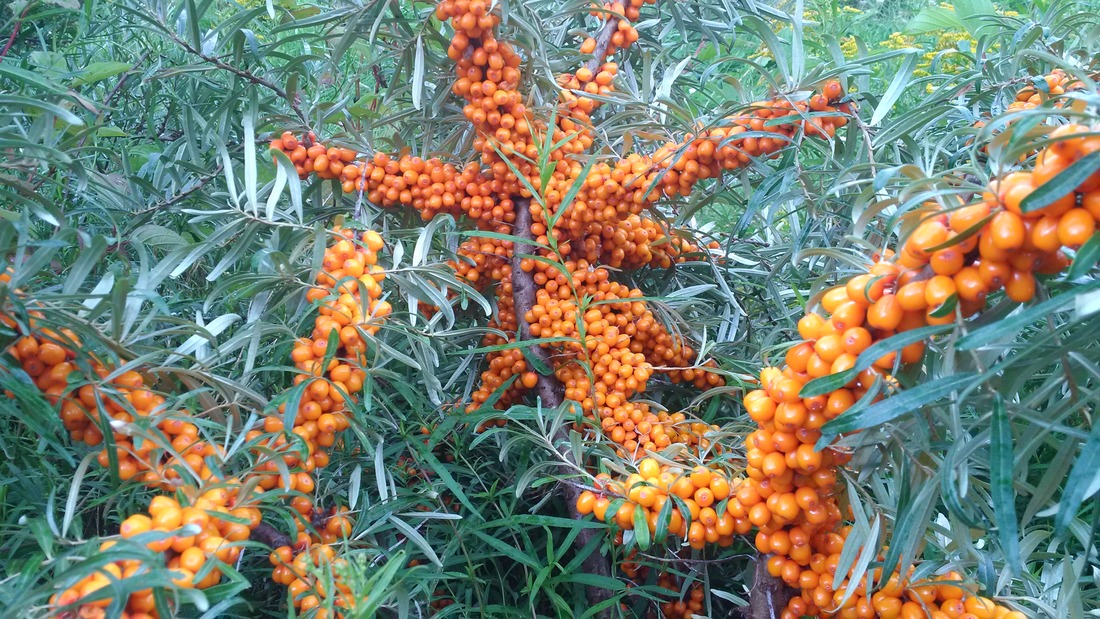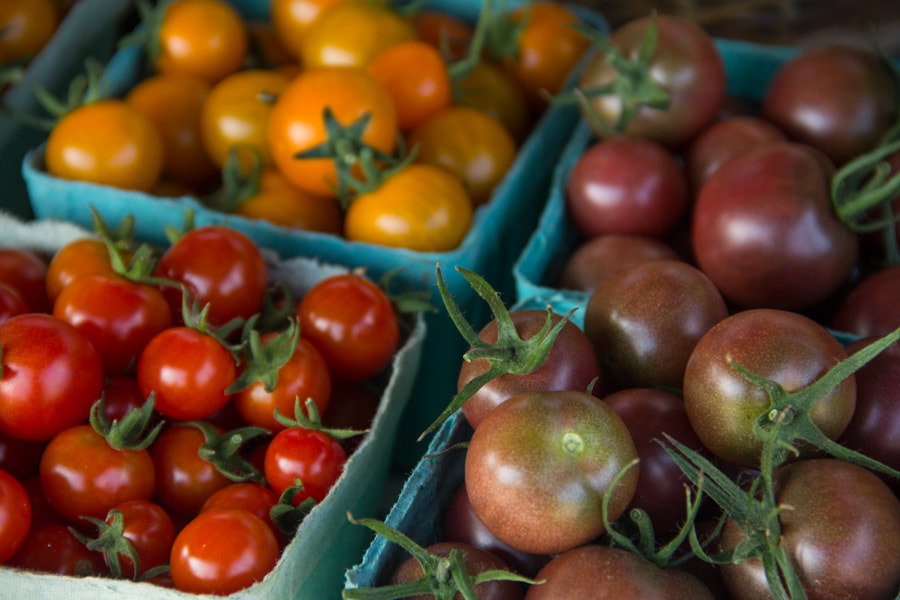|
You will be excited to know that Rob has started taking supers (the upper hive boxes where the bees store honey) off the hives in preparation for harvesting honey! We won't have the honey ready for this week, but you can expect it for sale in the following week or two. So far, it looks like a decent harvest, with quantities similar to last season. When Rob harvests the honey at this time of year, he collects all the supers and takes them to his beekeeping friend who has a spinner. This means that rather than cutting the comb and straining the honey by hand, he can spin the frames. This allows us to extract the honey in a fraction of the time. In other farm news, we are working steadily at prepping beds and harvesting vegetables for winter storage. We harvested our potatoes last week with a total harvest of 385kg (not including the early potatoes we included in the shares). This is a smaller harvest than desired, but still workable. It just means that we won't be selling any bulk potatoes at the end of the season or at the farmers market. There was a fairly high number of potatoes that rotted in the ground prior to harvest. We are unsure if this is due to the late blight or heavy rains near the end of the season. We culled out the rotting potatoes and decided to start including the potatoes in your shares two weeks earlier than typical. You will still receive the quantity and frequency of potatoes I planned for but just at a different time frame. Because of the rot, I was concerned that the potatoes might not store well and didn't want to hold on to them only to lose them in storage. The red and yellow onions, as well as the shallots have dried nicely and you will be receiving these regularly for the remainder of the season. Kimmy has been busy laying plastic mulch mats around all our newly planted Seabuckthorn bushes. These mulch mats will help keep the weeds (primarily twitch grass) away from the immature bushes and allow them to get established without competition. I am looking forward to a BIG seabuckthorn harvest in a few years time! Rob, with the help of our intern from last year, Ian, has been busy working on a contract farm design and planting job. We will share more details when the project is done, but they are planting perennial fruit and nut trees on a large scale to serve as a demonstration of how to incorporate trees into agriculture. This is an exciting project and an area of our farm business that we will be expanding on significantly in the next couple of years. The final bit of exciting news around here is we are beginning the process to apply for organic certification! A new certification programme, offered through Procert (one of the primary certification bodies in Canada), has just started that is geared towards small scale farms of less than 10 acres. The application and approval process takes a bit of time so we won't expect the process to be finished until mid-summer 2016. Nevertheless, we are excited about the potential to make our organic farming techniques official! This winter I will be spending much time gathering information and making many spreadsheets! A key component of certification is a clear paper trail of all the inputs, techniques, purchases, and activities that our farm uses. Weekly Share Contents Carrots Potatoes Beets Tomatoes Eggplant Head Lettuce Garlic Chard or Kale  Beets are a favourite vegetable for us. In addition to being highly nutritious and versatile, these delicious vegetables store very well so that we can enjoy them throughout the winter. Most commonly, we roast them, grate them raw into salad, make borscht, or add to smoothies and juices. For more ideas on how to use beets, visit these links: http://www.adishofdailylife.com/2015/03/balsamic-beet-salad-with-arugula-goat-cheese-and-walnuts/#_a5y_p=3543561 http://www.marthastewart.com/907476/tomato-beet-salad http://www.simplebites.net/a-recipe-for-unprocessed-dark-chocolate-beet-bundt-cake/ https://www.bloglovin.com/blogs/not-your-standard-4105879/beet-hummus-2841363871/ Comments are closed.
|
Archives
February 2020
|


 RSS Feed
RSS Feed